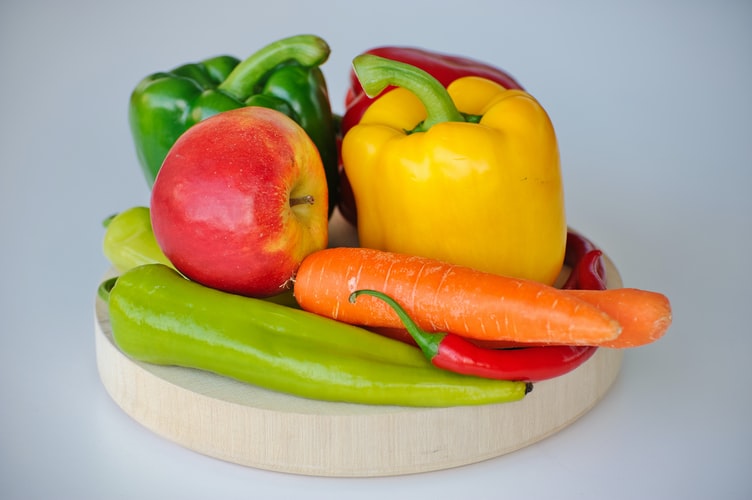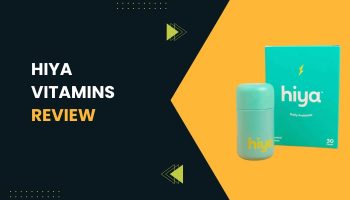Surrogacy is a pervasive way to support couples who can’t naturally have kids or have gone through fertility procedures such as home insemination, intrauterine insemination (IUI), or In Vitro Fertilization (IVF) and are still unable to conceive.
A gestational surrogate carries the baby and supports its nourishment and development throughout the gestational age. However, experienced surrogates ate far more knowledgeable, experienced, and compassionate than new surrogates.
A nutritional plan and healthy diet management is very crucial part of surrogacy. As whatever a surrogate would eat and drink would eventually impact the growth and development of a child. In most cases, the nutritional aspect is considered by couples in choosing the right surrogate.
Limit Or Avoid the Following Foods
Pregnancy is a whole journey, and for surrogates, it is essential to be well aware of food to avoid during this journey. There are certain foods that need to be taken in a limited amount. Let us review foods that are meant to be avoided during pregnancy.
1. Caffeine

Coffee is the most basic routine source of caffeine. Caffeine is considered a stimulant, and it causes blood pressure and heartbeat to increase. This makes it harmful for pregnant women. If you are really fond of coffee, then certainly you can look to take it within safe limits. Experts recommend that one cup of coffee a day is harmless. Hence, coffee lovers can safely take a cup of coffee each day without any serious health consequences.
2. Alcohol
Alcohol is extremely dangerous during pregnancy. It has negative impacts on the overall health of drinkers. In the case of pregnancy, it influences not only childbearing women but also the baby growing in the womb. Alcohol addiction may adversely hinder the normal growth and development of the baby.
Not only is alcohol addiction harmful to pregnant women, but it is also very injurious for teens, adults, and older people. Many rehab centers provide training for counteracting addiction overdose with the help of Narcan naloxone. States like Florida have facilities such as Narcan-naloxone guide to better equip citizens to deal with serious overdose cases.
3. Fish
Fish is a superfood consisting of many vital nutrients and minerals. It is a great source of very beneficial omega-3 fatty acids. Though very nourishing, one should be very careful of portion size. During pregnancy, it is not advisable to take mercury-rich fish such as swordfish, tuna, and king mackerel.
In place of these, it is better to take fatty fish such as salmon and trout. Be watchful of the portion size as it is recommended to take about 8-12 ounces of cooked fish per week. Managing moderation can help to get many benefits with the least harm.
4. Unpasteurized Products
Consuming unpasteurized raw foods can possibly result in infection and, in severe cases, food poisoning. During the initial phase of pregnancy, an infection caused due to parasites and germs found in raw food can possibly lead to miscarriage.
Many other pregnancy issues may arise due to infection. Some common sources of these toxins are raw milk, soft cheese, raw meat, and raw seafood.
5. Undercooked Foods
It is recommended to avoid undercooked and raw foods, especially during pregnancy. A surrogate must always look to avoid undercooked and raw. It is very easy for bacteria such as Salmonella and E.coli to grow in undercooked food sources.
These bacteria can result in many health issues when coming inside the human body. Raw and runny eggs, raw cookie dough, cake batter, raw vegetables, homemade ice cream, mayonnaise, and other sauces are some common examples of undercooked foods to avoid.
What Can You Eat During Pregnancy

During pregnancy, a surrogate can aim to have a more natural and fresh diet comprising more vegetables and fruits. Managing a simpler and nourishing diet can help sustain a healthy pregnancy and optimal body weight to a surrogate. A surrogate may aim to consider personal sensitivities, tastes, and cravings but within a healthy range.
This is very significant during the first trimester of pregnancy. Later on, it becomes easy to follow the instructions of a nutritionist. Stick to a healthy diet routine; you do not really have to eat for two. Adding some extra calories to the usual diet can help to nourish the baby. You may even ask your nutritionist how many calories to add to the diet.
6. Fruits And Vegetables

A good surrogate must aim to add as many vegetables and fruits to a routine diet as possible. You may aim to add vegetables and fruits of all colors to your diet. Experts recommend 5-10 servings of fresh fruits and vegetables in order to ensure healthy nutrition.
Get in touch with: 10 Health Benefits Of Eating Bananas
7. Whole Grains
Whole grains are very beneficial for pregnant women due to numerous reasons. Firstly these are rich sources of fiber, and it assists digestion and keeps the body fuller. Furthermore, the low GI, which makes them beneficial for managing sugar levels and blood levels. In addition to fiber, whole grains also offer Vitamin B and iron.
8. Dairy Products
Dairy products help to meet the daily needs of calcium in the body. Make sure that you are taking pasteurized milk and other dairy products. You may aim to take 3-4 servings of milk, cheese, and yogurt. In addition to calcium, these are also the source of vitamin D. It helps to keep bones strong in pregnant women.
9. Lean Protein
A healthy and well-balanced diet is necessary to avoid any deficiencies in either baby or the surrogate. It is therefore required to take healthy sources of protein such as beans, legumes, pulses, eggs, meat, fish, and poultry. However, make sure that it is fully cooked
10. Supplements
A gynecologist might suggest various supplements based on the need. These supplements are very beneficial, and it not only supports normal growth and development of the baby but sound health of the child-bearer is also assured. Make sure to take prescribed supplements throughout the journey.
Take Away
Managing a healthy and nourishing diet is not only legal but the ethical obligation of a surrogate. It is therefore required from the surrogate to get a more clear knowledge about what to tell and what to avoid. It will help to manage balance throughout pregnancy tenure.
Read Also:




























